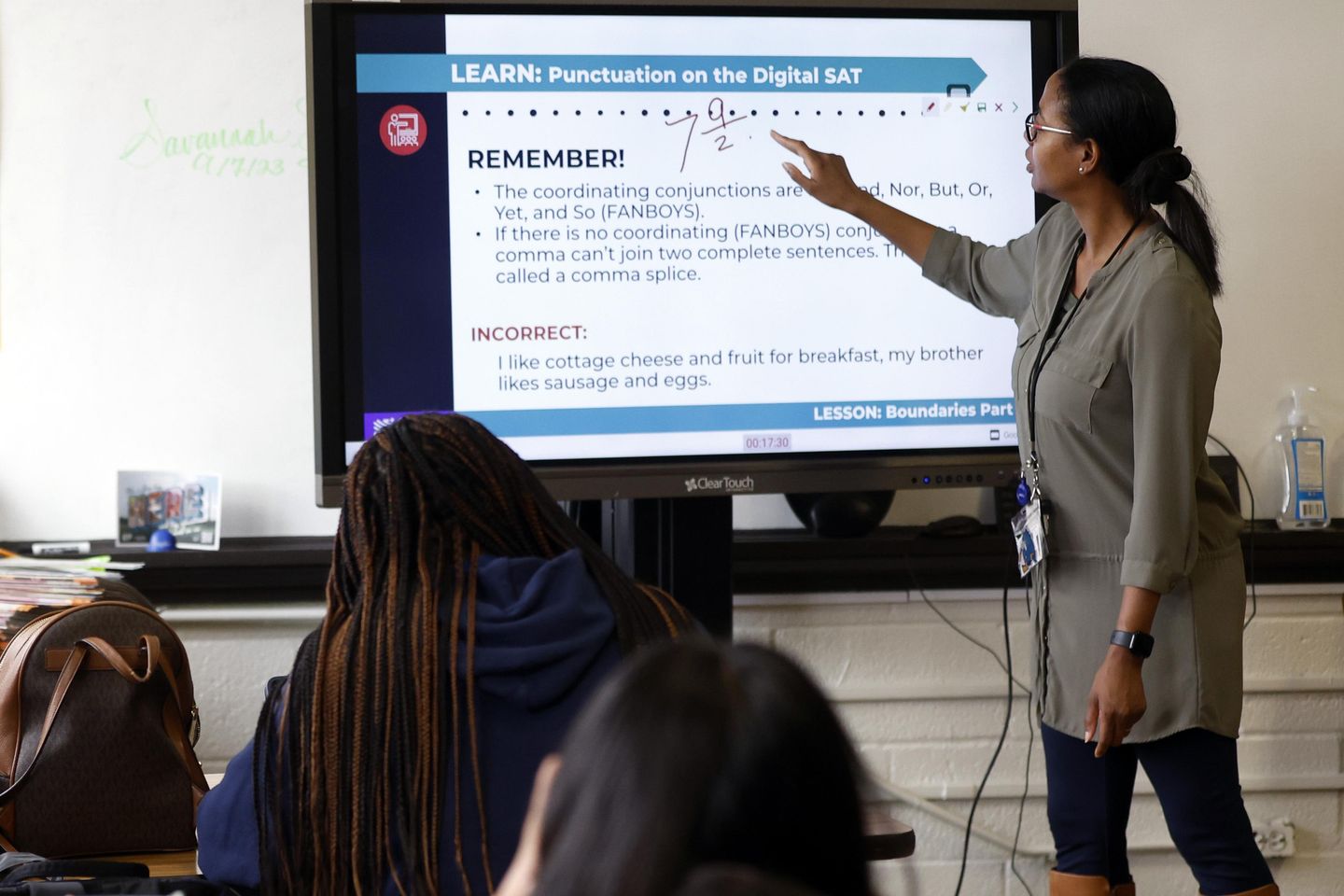The study, conducted by researchers at Baylor University, found that students who attended private religious schools were more likely to be engaged citizens compared to their peers at traditional K-12 public campuses. The researchers looked at a variety of factors, including volunteering, voting, and participating in community activities, to determine the level of civic engagement among students. They found that students who attended private religious schools were more likely to exhibit these behaviors, suggesting that these institutions are more effective at fostering a sense of civic responsibility among their students.
One possible explanation for this difference in civic engagement between private religious schools and public campuses is the emphasis on values and ethics in religious education. Private religious schools often place a strong emphasis on moral and ethical development, teaching students the importance of serving others and giving back to their communities. This focus on values and ethics may contribute to a greater sense of civic responsibility among students, leading to higher levels of engagement in civic activities.
Additionally, the study found that students who attended private religious schools were more likely to have positive relationships with their teachers and peers, which could also contribute to their higher levels of civic engagement. Positive relationships with teachers and peers have been shown to have a significant impact on students’ overall academic and social development, as well as their sense of belonging and connectedness to their school community. These strong relationships may encourage students to become more involved in civic activities, as they feel supported and valued by their peers and teachers.
Another factor that may explain the higher levels of civic engagement among students at private religious schools is the sense of community and belonging that these institutions provide. Private religious schools often have tight-knit communities where students feel a sense of belonging and connection to their school and fellow classmates. This sense of community may encourage students to become more engaged in civic activities, as they feel a sense of responsibility to contribute to the well-being of their school community and the broader society.
Overall, the study suggests that private religious schools are more effective at producing engaged citizens compared to traditional K-12 public campuses. The focus on values and ethics, positive relationships with teachers and peers, and strong sense of community and belonging at private religious schools may all contribute to higher levels of civic engagement among students. These findings have important implications for policymakers and educators, as they highlight the potential benefits of religious education in fostering a sense of civic responsibility and engagement among students.









